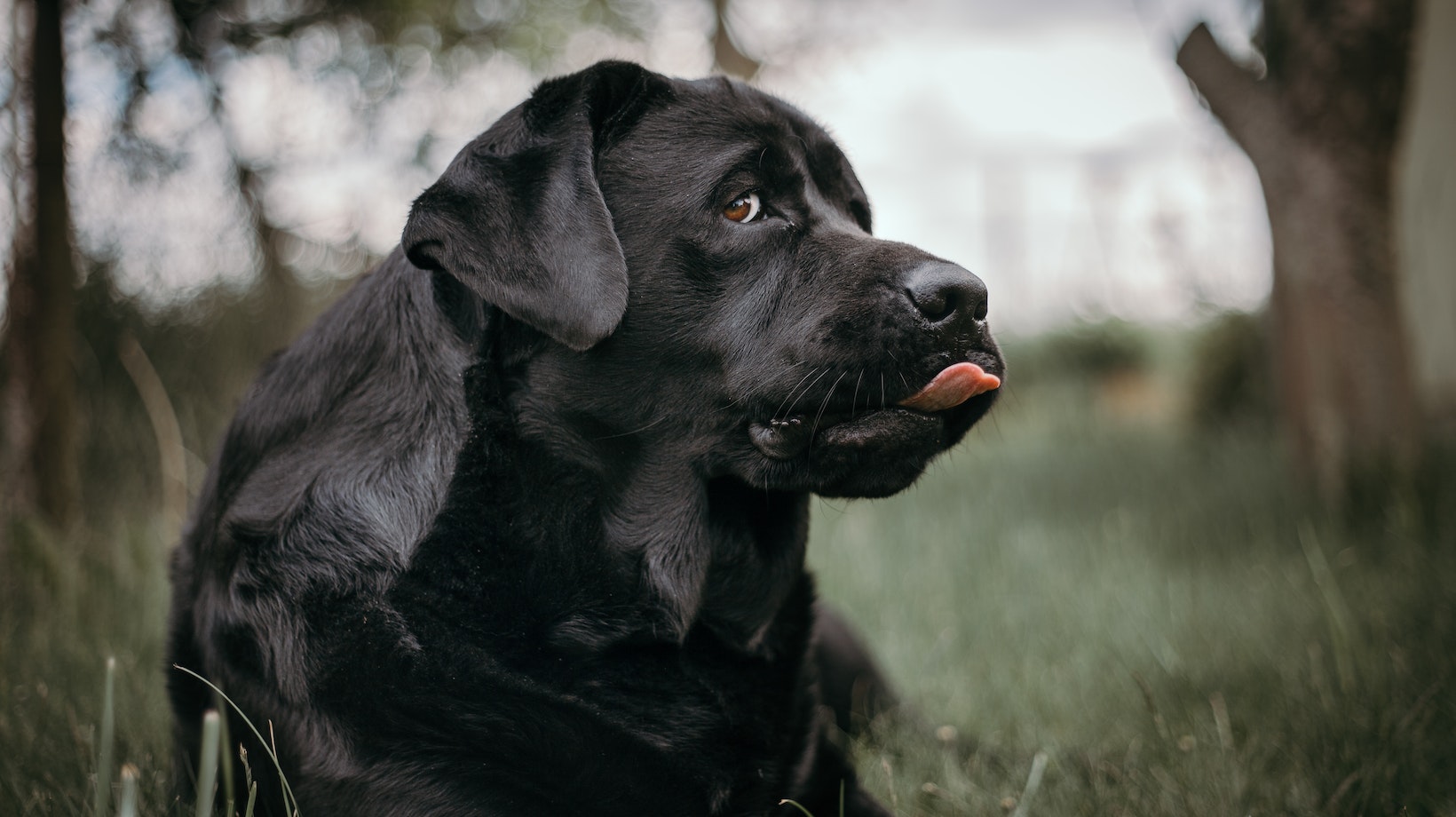Are Dogs Allergic To Corn
When it comes to allergies in dogs, corn is just one of the many potential culprits. While some dogs may indeed be allergic to corn, it’s essential to consider other common allergens that could cause adverse reactions in our furry friends.
- Proteins: Proteins found in certain meats like beef, chicken, and lamb can trigger allergies in some dogs. Additionally, dairy products such as milk and cheese may also be problematic.
- Grains: Apart from corn, other grains like wheat, soy, and rice have been known to cause allergic reactions in dogs. These ingredients are commonly used in commercial dog foods as fillers or binding agents.
- Eggs: Eggs are another potential allergen for canines. Some dogs may experience itching or gastrointestinal issues after consuming eggs or products containing them.
- Fish: Although fish is a great source of omega-3 fatty acids for most dogs, some can develop allergies to specific types of fish like salmon or tuna.
- Environmental Allergens: Dogs can also have allergies to environmental factors such as pollen, mold spores, dust mites, and even certain types of grasses.
Identifying Corn In Dog Food Ingredients
If you suspect that your dog might have an allergy to corn or any other ingredient present in their food, it’s crucial to read the ingredient list carefully before making a purchase. Look out for terms like “cornmeal,” “corn gluten meal,” “whole grain corn,” or any derivatives of corn on the label.
Keep in mind that manufacturers often use alternative names for corn-based ingredients as well. For example:
- Zea Mays: This is the scientific name used for maize (corn).
- Cornstarch: A common thickening agent derived from corn.
- Corn syrup: A sweetener made from corn.
By familiarizing yourself with these terms, you’ll be better equipped to identify whether or not a particular dog food contains corn.

Cross-Reactivity With Other Grains
It’s important to note that if your dog is allergic to corn, they may also have an increased likelihood of reacting to other grains due to cross-reactivity. This means that proteins in one grain can resemble those in another, leading the immune system to mistakenly target both.
For instance, if your dog has a corn allergy, they might also experience adverse reactions when consuming wheat or soy. It’s always best to consult with your veterinarian for proper diagnosis and guidance on managing your dog’s allergies and dietary needs.
Understanding common allergens for dogs can help pet owners make informed decisions about their furry companions’ diet. While some dogs may indeed be allergic to corn, it’s essential to consider other potential triggers like proteins, grains, eggs, fish, and environmental factors. By being vigilant about reading labels and consulting with professionals when needed, we can ensure our beloved pets lead healthy and happy lives. Diagnosing Corn Allergies in Dogs
When it comes to identifying whether dogs are allergic to corn, it’s essential to look out for specific signs and employ proper diagnostic methods. Here are a few key steps I recommend taking:
- Observing Symptoms: Pay close attention to any unusual symptoms your furry friend may be experiencing. Some common signs of a potential corn allergy in dogs include:
- Itchy skin
- Excessive scratching or licking
- Redness or inflammation on the skin
- Ear infections
- Gastrointestinal issues like vomiting or diarrhea
- Elimination Diet: To determine if corn is the culprit, an elimination diet can be implemented. This involves removing all sources of corn from your dog’s diet for a period of time, typically around 8-12 weeks. During this time, monitor their symptoms closely and keep note of any improvements.
- Food Trials: After the elimination period, reintroduce corn into your dog’s diet and observe their reaction carefully. If they show a recurrence of symptoms within a short timeframe after consuming corn-based products, it could indicate an allergy.
- Veterinary Consultation: If you suspect that your dog has a corn allergy, consult with your veterinarian before making any significant changes to their diet or treatment plan. They can provide professional guidance tailored specifically to your dog’s individual needs.
- Allergy Testing: In some cases, further testing may be necessary to confirm the presence of a corn allergy definitively. Your veterinarian might recommend allergen-specific blood tests or intradermal skin testing to identify specific allergens causing reactions in your dog.
Remember that diagnosing allergies in dogs can sometimes be complex and require patience and collaboration with veterinary professionals who have experience in this area.
By following these steps and working closely with your vet, you’ll gain valuable insights into whether your dog is truly allergic to corn and can make informed decisions regarding their diet and overall well-being.